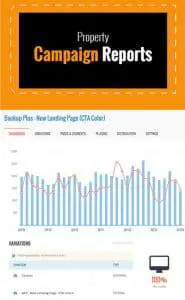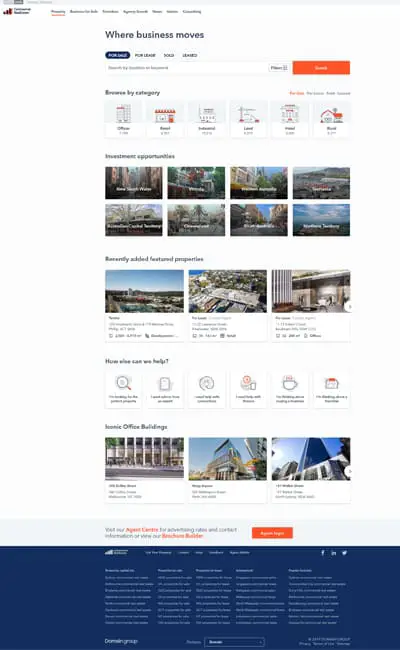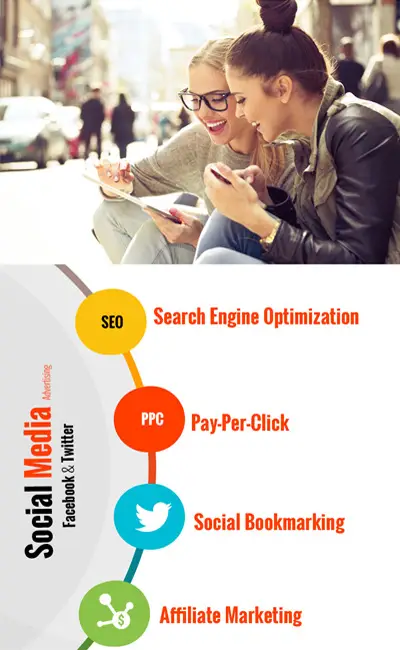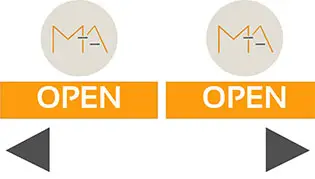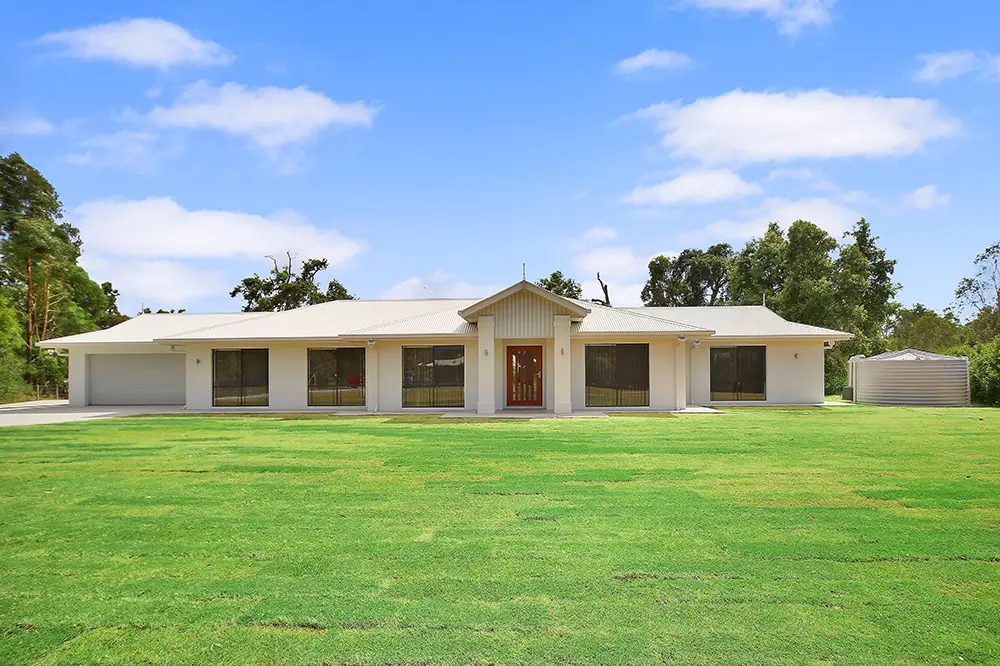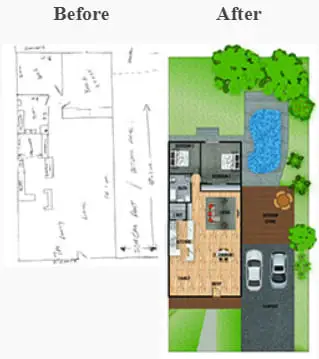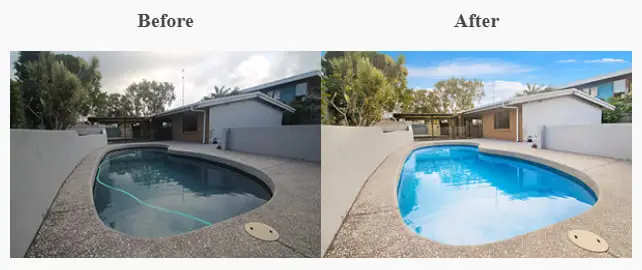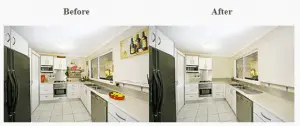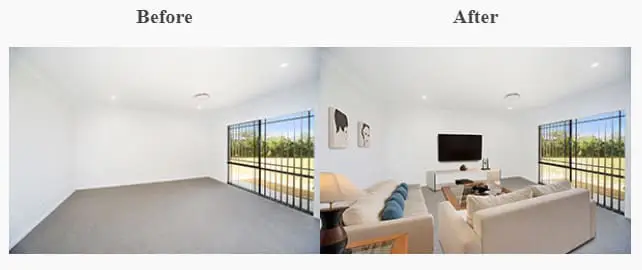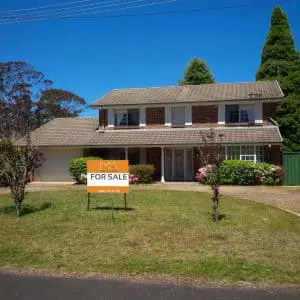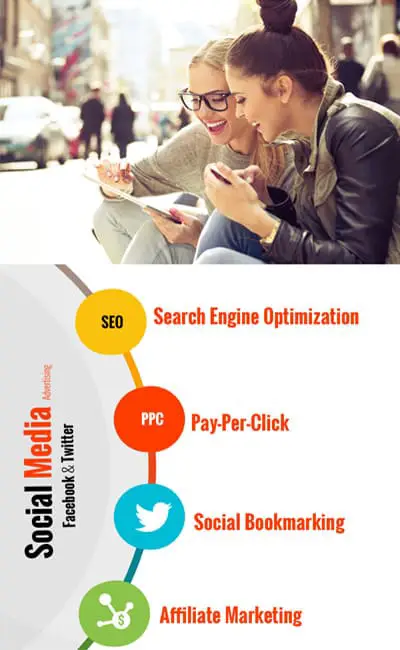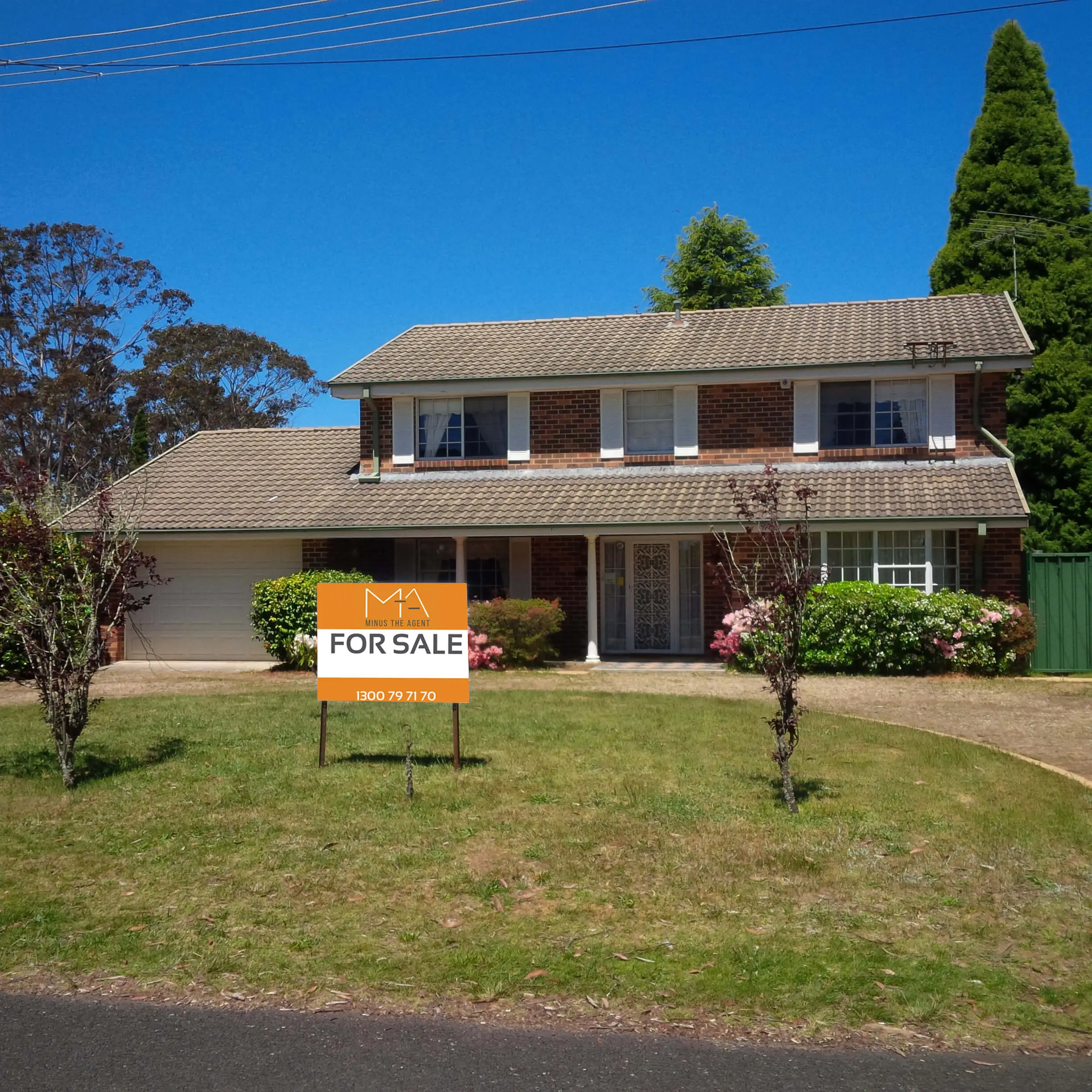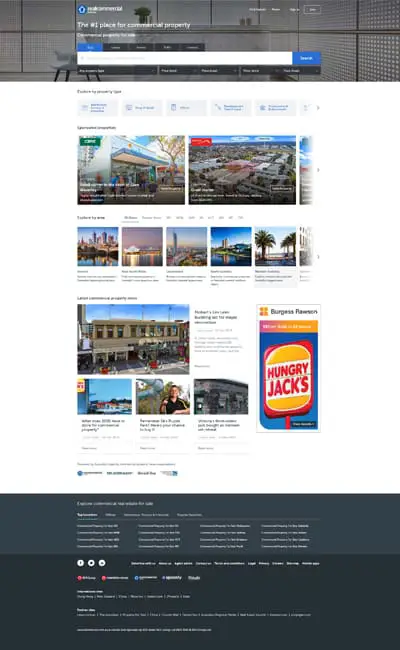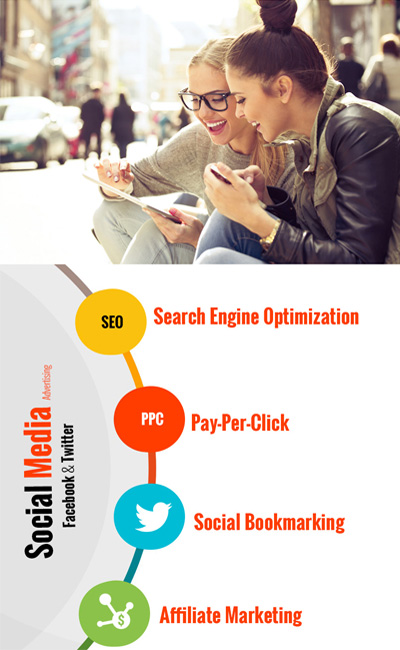Real Estate in New South Wales
In case you’d like to sell privately in New South Wales (NSW), the main thing to consider is whether you are legally allowed to offer your property for sale without an Agent. Yes, definitely can. In case you’re troubled over this, you can authorise it with NSW office of Fair Trading. Following are the steps to getting it done:
Step 1: Getting started with the contract of sale
The first step to sell a property in NSW is having a Contract of sale drawn up. You should have this done before you start advertising or running inspections. This applies to all properties in NSW with the exception of rural properties. Remember that even if you don’t need the agreement arranged to market a rural property, you will in any case require it once you have a purchaser, so it’s best to get it drafted early.
There are a number of things to include in the contract of sale like title reports, drainage chart, current zoning certificate, a swimming pool certificate, and property exclusions, and a statement of the buyers cooling off rights. You can either get a lawyer to draft the contract or purchase a generated contract online from the NSW Law Society’s ECOS site for a nominal fee.
Between step 1 and step 2 is the point at which all your advertising and transactions will happen, these steps are common to all states.
Step 2: Signing the contract
The following step in the lawful procedure of selling a property in NSW is for you and the purchaser to both sign the contract of sale. Two copies of the agreement are required, one for you to sign and one for the purchaser to sign. You should sign your copy, and give it is to the buyer to sign also.
Step 3: Exchange
Exchange implies that both you and the purchaser have signed a copy of the contract of sale and have exchanged the contract with each other. Exchange doesn’t really need to happen face to face, it could be by means of mail or by means of a third party, for example, your conveyancer. Remember that you and the purchaser aren’t lawfully bound until all copies of the agreement have been signed and exchanged.
The amount of the deposit is payable by the purchaser and ought to be held in trust until settlement happens (e.g. 10% of the purchase price less holding deposit).
Once the deal genuinely exchanged, you can go on and mark it as sold on the sites.
Step 4: Cooling Off
The cooling off in NSW is 5 business days. However this can be changed if both sides concur. To change it you have to get legitimate guidance and a signed certificate from a lawyer to give to the seller. The cooling off period begins the first business day after you exchanged the agreement. Meanwhile, the purchaser can wipe out the deal. However, if the buyer makes their offer after bidding at an unsuccessful auction it is generally unconditional with no cooling off period.
On the off chance that the purchaser cancels the deal in this period, they’ll need to forfeit 0.25% of the purchase amount. You should return any deposits paid, minus the 0.25% – if a deposit hasn’t yet been paid, the purchaser will owe you the 0.25%. The 0.25% is not applicable in the event the buyer has terminated the contract as per the allowable terms of the contract.
The purchaser will then need to pay the rest of 10% of the purchase amount once the cooling off period has expired. In the event that they have paid the 0.25% deposit at first, this will mean they have to deposit another 9.75% of the purchase price.
The purchaser can likewise forgo the cooling off period by signing a 66W certificate. At the point when this happens, it is called “unconditional exchange” once the purchaser has paid a sum of 10% in deposit. An essential thing to remember with respect to cooling off periods in NSW is that they only apply to the purchaser, once you’ve exchanged contracts, you can’t cancel the sale as a seller.
Once the deal has cooled off or unconditionally exchanged, you can go on and mark it as sold on the sites.
Step 5: Settlement
You and the purchaser will consent to a settlement date once the contract has been signed. Settlement is generally 6 weeks after exchange yet both parties can agree to a different period. At settlement the purchaser ‘settles’ their purchase by paying the whole amount. They should likewise repay the cost of the building and compliance inspection report, and pest examination report. In case you’re using a lawyer, they may meet with the purchaser’s solicitor to guarantee they have everything required for the deal to continue.







